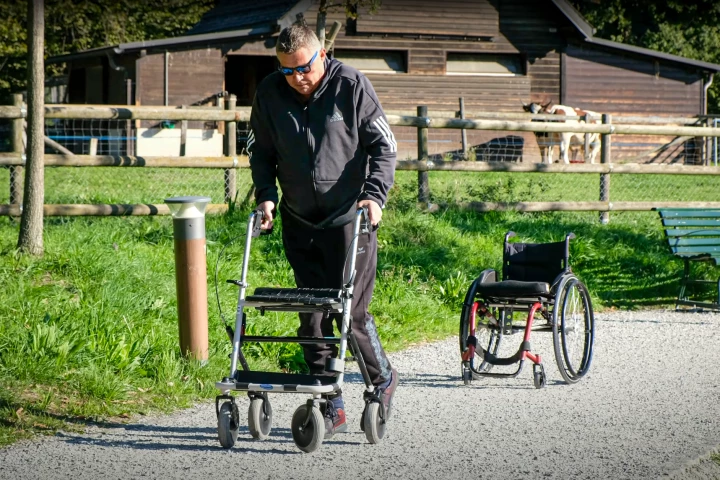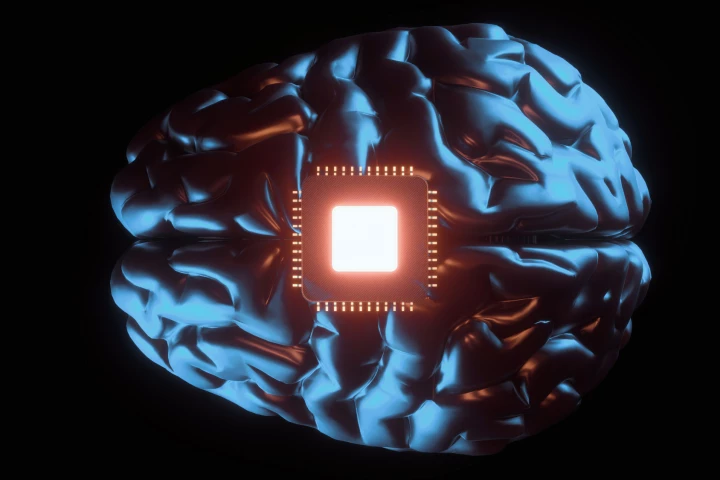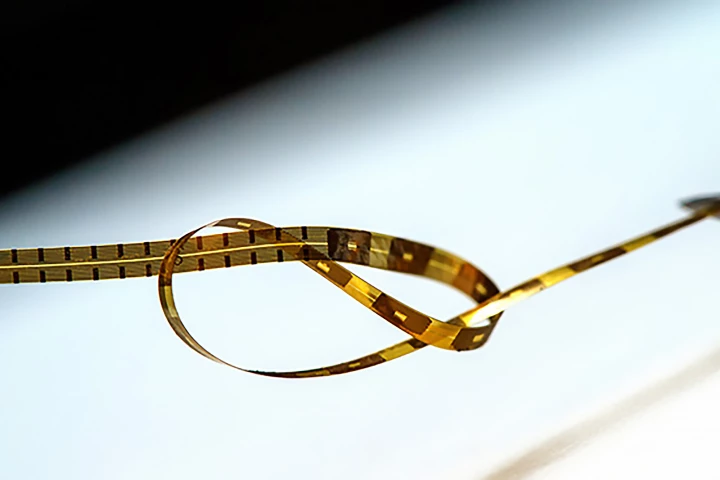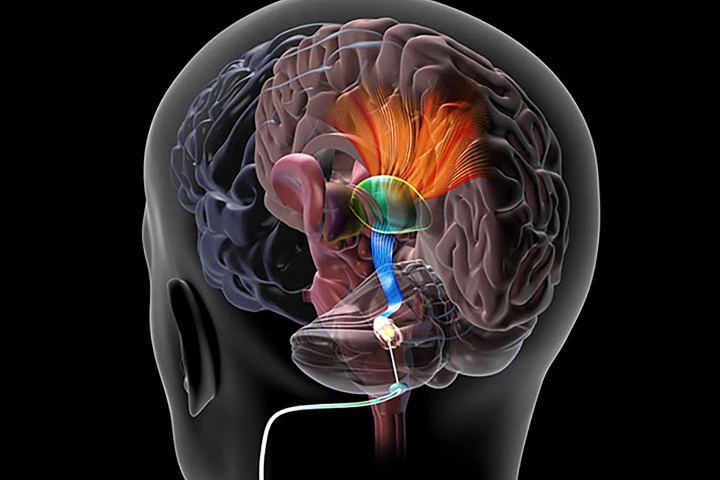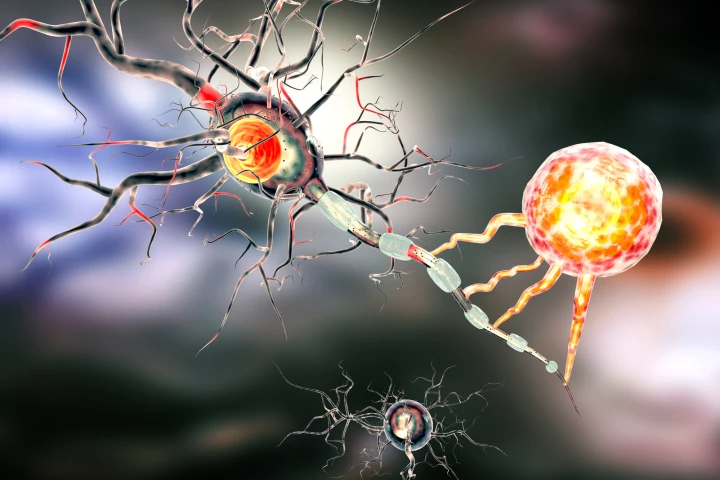Deep Brain Stimulation
-
Scientists have identified the first brainwave biomarkers for obsessive-compulsive disorder, or OCD. The discovery opens the door to personalized, on-demand brain stimulation that targets distressing compulsive behaviors as they arise.
-
Two patients with spinal injuries have seen improvements in their ability to walk again, thanks to deep brain stimulation. Intriguingly, the therapy targets a region of the brain that normally isn’t associated with motor skills.
-
Combining VR and non-invasive deep-brain electrical stimulation, has improved memory – the kind that remembers where you left the car keys - in healthy people. The approach has great potential as a surgery- and drug-free treatment for cognitive decline
-
Although brain-implanted electrodes do reduce the effects of neurological disorders, implanting and activating those electrodes is a tricky process. That's why scientists are now developing an alternative, in the form of injectable magnetic discs.
-
An innovative biodegradable paper that sticks to the brain’s surface like a Band-Aid and delivers electrical stimulation wirelessly could revolutionize the treatment of neurological diseases like Parkinson’s and Alzheimer’s, according to a new study.
-
Implantable neurological technology has advanced drastically, offering a return to normalcy for some people with neurological disorders. But given its rapid progression, what happens when these implants become obsolete or its manufacturer goes bust?
-
Researchers have created an ultra-thin sensor that can wirelessly record deep brain activity down to a resolution of one or two neurons. The device has potential applications in conditions such as epilepsy, Parkinson’s disease, and chronic pain.
-
A study has found that deep brain stimulation assists with post-stroke rehabilitation, even years after the stroke occurred. The researchers say their technique offers hope to stroke survivors suffering from chronic impairment.
-
In the treatment of epilepsy, doctors will sometimes implant arrays of stimulating electrodes on the surface of a patient's brain. A new soft robotic system allows those electrodes to be placed far less invasively than ever before.
-
A new technique using piezoelectric nanoparticles that are activated via bursts of ultrasound has shown promise as a wire-free way to stimulate the brain. It could be used to treat Parkinson's disease and other brain-based disorders.
-
A new design for a deep brain stimulation implant could greatly improve the experience of living with these devices, by using integrated triboelectric generators to convert a user’s breathing movements into electricity.
-
In a first-of-its-kind pilot study, scientists have implanted a device designed to disrupt brain signals associated with binge-eating food cravings into two human volunteers, pointing to a future where implants control a variety of impulsive behaviors.
Load More

